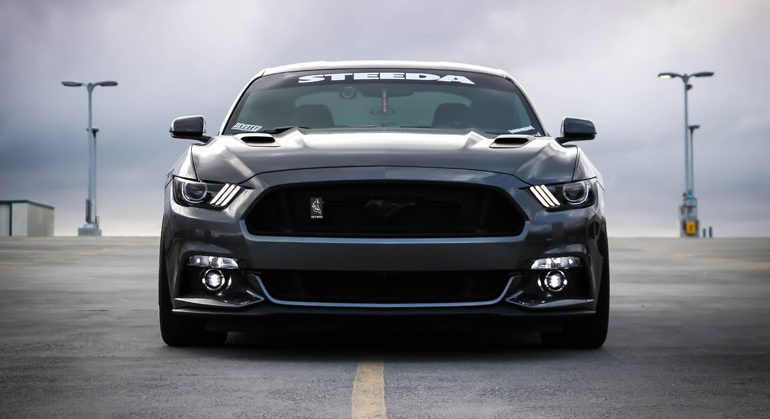Petrol? Premium Or Standard?
In the current economic climate it can be hard to justify spending extra on premium fuel, but is it really worth it? What is the difference between premium petrol and standard or regular petrol? To start with, I firmly believe it depends on the car you drive. If you don’t drive a premium or high performance car then you don’t really need any extra performance from your tyres or petrol, and in fact, premium petrol wouldn’t make any noticeable difference to the performance of your car, so don’t waste your money on it!
What is the difference anyway? It’s all about the RON (road octane number). Standard petrol has a RON of 95 which is sufficient for most cars, and premium petrol has a RON of about 98. Clear as mud, right? So, what’s a Road Octane Number?! It is actually a combination of a load of different rating numbers for different aspects of your fuel, but the biggest factor is its octane rating. This measures the fuel’s ability to resist engine knocking. This occurs when the fuel that is burning in the engine’s cylinder explodes, which creates a little shockwave. The higher the octane rating, the lower the chances of engine knocking.
If you strive to be environmentally friendly (and drive a car!), you will appreciate knowing that premium petrol causes less pollution both to the air, and to your car due to the detergents inside it. Perhaps for you this will outweigh the extra cost of premium petrol.
So far it’s not looking good for premium fuel. Is it worthwhile for anyone to buy it? Well, if you drive a high performance sports car, has a turbo-charged engine or you are a regular attendee at race days, then yes! In fact, some turbocharged cars or those with racing engines with high compression, actually need premium petrol to work as they are supposed to. Also, as a general rule, the higher value the car (such as Mercedes or other premium brands, and sports cars like Porsches or Ferraris), the greater the benefit of using premium petrol. It will deliver improved performance and marginally quicker acceleration. However, the difference may not be so great as to be worth approximately RM0.80 extra per litre, especially not the way the price of fuel is going! If you are going to be spending extra money on anything for your car, you are better off buying premium tyres rather than an average brand, they will help improve the responsiveness of your car, its cornering ability, and shorten its stopping speed.



